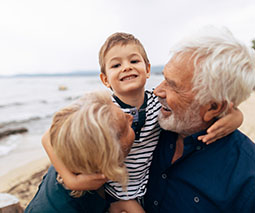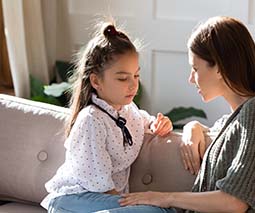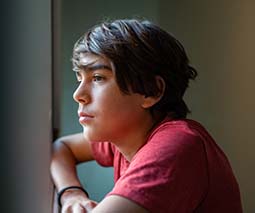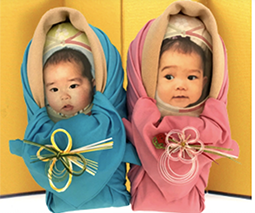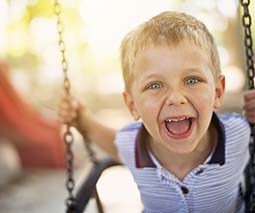The hardest part of parenting is letting my little ones fail
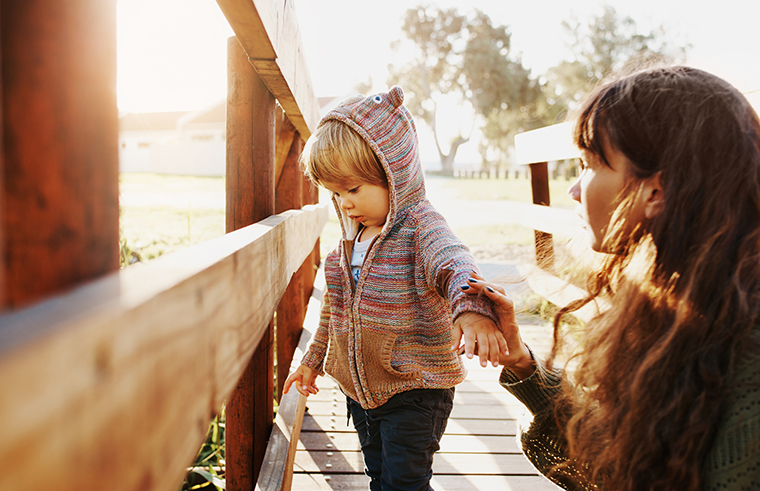
The hardest thing I find about parenting is not the stressful, double-drop-off mornings. It’s not the late night visits when my kids climb into bed and wriggle around next to me. It’s not the vegetable refusal or the monumental tantrums after the banana breaks in two.
The hardest thing about parenting for me is watching my kids fail or be disappointed; the two key things children must do in order to build resilience.
Watching your child suffer
I’m not sure if it’s part of being a parent in 2017. The so-called “over-intensification” of parenting means that we’re much more involved with our kids than parents before us. Thanks to email updates we know what they do at daycare and at school. We’re less likely to let them play where we can’t see them, or let them go to sleepovers.
Maybe that’s why I find it so hard to watch them lose something – whether that’s a race or a toy. I’m so used to watching their every emotion I’ve become highly attuned to when they feel pain. Part of me feels responsible for it.
Or maybe it’s just part of being a parent, not wanting your child to suffer.
But if there’s one thing that’s certain about life, it’s that there is suffering. No matter how much we love our children, we can’t protect them from it. What we can do is help them learn to bounce back from loss and to fail well.
Such a simple sentence, and yet so hard to do.
Teaching them to bounce back
The other day my daughter was at a fair with her brother and Nanna. They each got a small toy- she got a yo-yo and he got a book. When she went to the bathroom the yo-yo fell and broke on the floor. She was heartbroken. So I went and bought another yo-yo.
Now I know life isn’t ever black and white. And I do believe there are times where it’s okay to soothe your child’s sorrow. But I also know I missed a moment for her to learn about disappointment, and most importantly, how to deal with it.
Failure is also important. Both my kids (ages 3 and 5) want to win at everything. They need to be the first in the car, the first to push the lift button, the first to get out of the bath at night. And if they’re not first- you would think they’d lost the Olympics.
If either of them are trying to build something and it doesn’t work out, they throw it on the floor and demand I find a way to make it right.
Let them fail
Child development expert Karen Young says that letting our children fail allows them to find their own resilience, resourcefulness and courage.
“For our children, the fear of failure will shrink their world more than actual failure ever will. We want them to learn that it’s okay to try new things, or difficult things, because even if the ending is different to how they imagined, they’ll be okay.”
Wise words to keep in mind on the way to drop off as one (or both) of them wail in the back seat of the car (because they weren’t “first” in their seat).
Something else Karen believes that will help me through the pain of their heartbreak, is understanding that it’s possible to “fail well”.
Failing well is all about growth and learning. She says, “Failure is part of progression, not the end of it, but the move forward involves being brave and open to the lessons.”
Guide, don’t shield
My job as their mum is to help guide them through the experience of disappointment and failure, not to shield them from either or both.
Karen’s tips on how we can do this are:
- Acknowledge how they’re feeling (sad, disappointed, angry)
- Focus on the process more than the outcome. What worked? What didn’t? What can they do differently next time? More practice? Different strategies? A better sleep the night before?
- Avoid judgement and criticism. This has the potential to throw them into shame, which will be more likely to steer them towards wanting to forget all about experience, rather than expanding their willingness to explore and learn from what’s happened.
- Share your own experiences of disappointment and failure.
Ultimately it may hurt to see them sad or disappointed, but as they grow I need to give them opportunities to learn that life will keep going if you lose something or make a mistake.
And as for role modelling my own experiences of failure, parenting gives me plenty of opportunity to practice. My parenting mistakes are rarely the end of the world.
So often what I try to teach my children ends up being a lesson for me as well.
And learning to “fail well” is definitely one of them.
